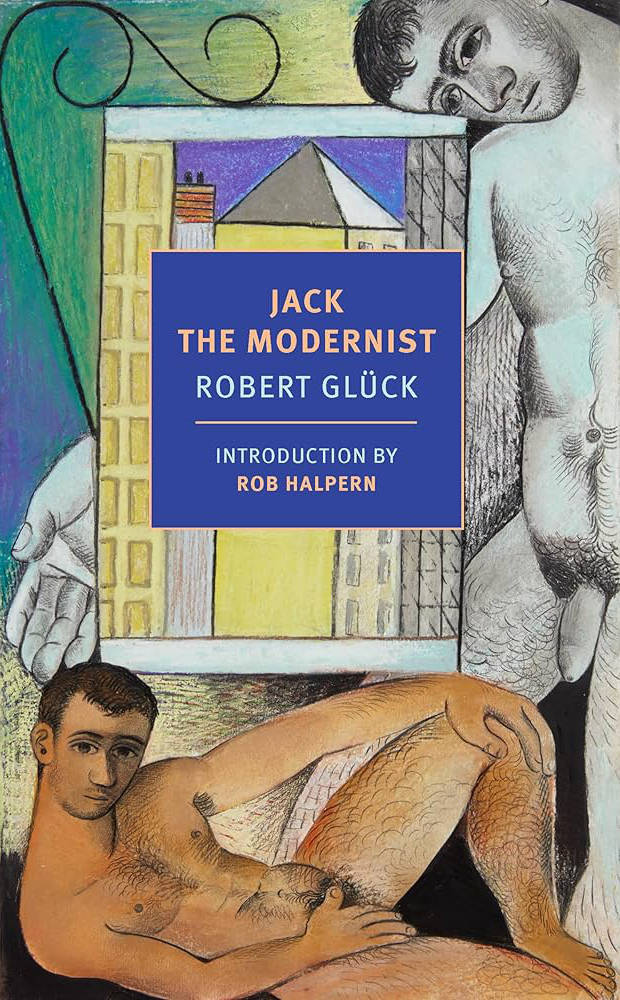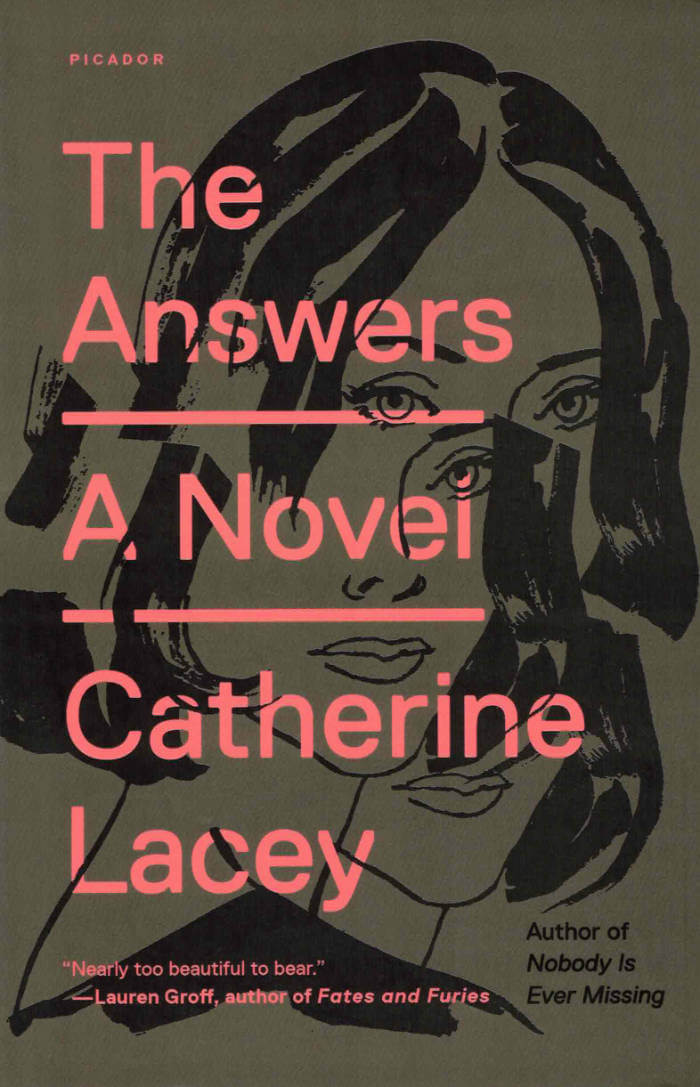
The Answers
An urgent, propulsive novel about a woman learning to negotiate her ailment and its various aftereffects via the simulacrum of a perfect romantic relationship.
In Catherine Lacey’s ambitious second novel we are introduced to Mary, a young woman living in New York City and struggling to cope with a body that has betrayed her. All but paralyzed with pain, Mary seeks relief from a New Agey treatment called Pneuma Adaptive Kinesthesia, PAKing for short. And, remarkably, it works. But PAKing is prohibitively expensive and Mary is dead broke. So she scours Craigslist for fast-cash jobs and finds herself applying for the “Girlfriend Experiment,” the brainchild of an eccentric actor, Kurt Sky, who is determined to find the perfect relationship—even if that means paying different women to fulfill distinctive roles. Mary is hired as the “Emotional Girlfriend”—certainly better than the “Anger Girlfriend” or the “Maternal Girlfriend”—and is pulled into Kurt’s ego-driven and messy attempt at human connection.
Told in her signature spiraling prose, The Answers is full of the singular yet universal insights readers have come to expect from Lacey. It is a gorgeous hybrid of the plot- and the idea-driven novel that will leave you reeling.
Language: English

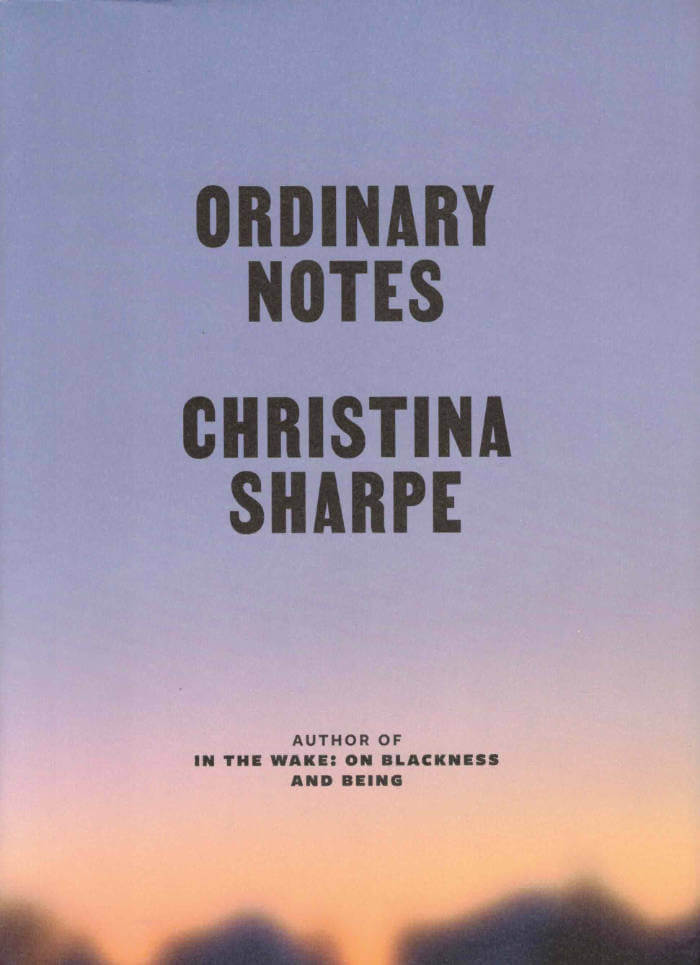
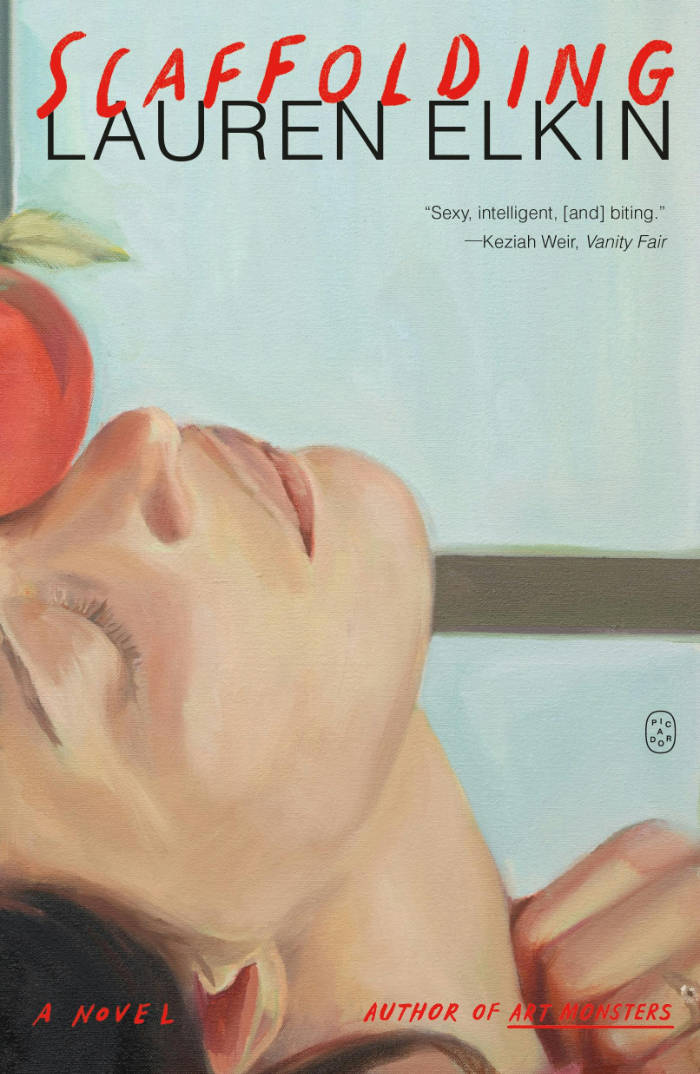

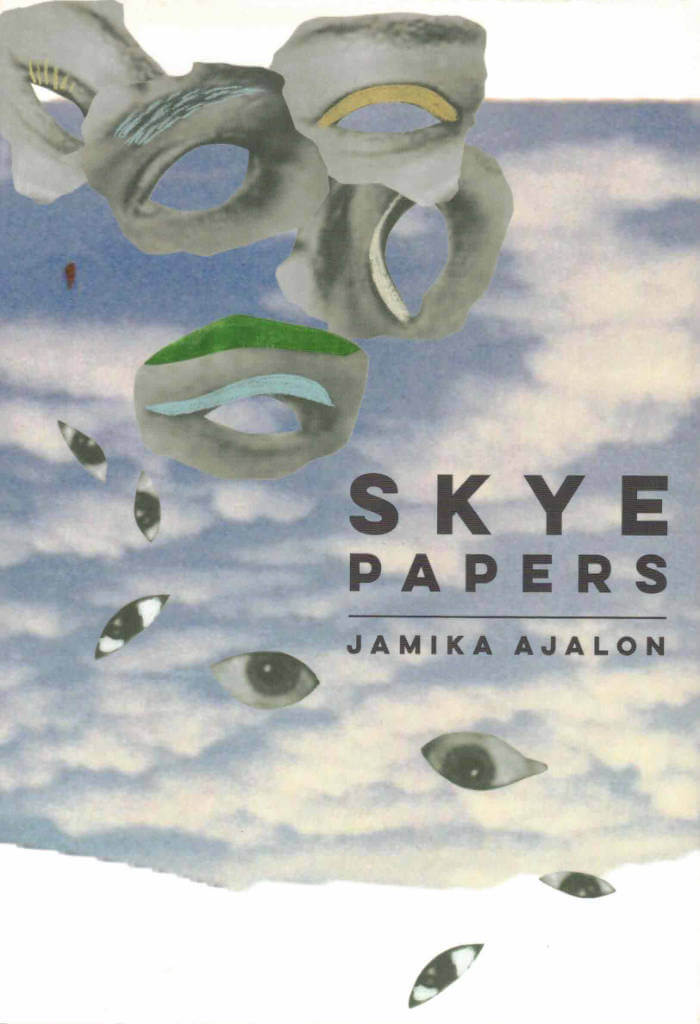
.jpg)
